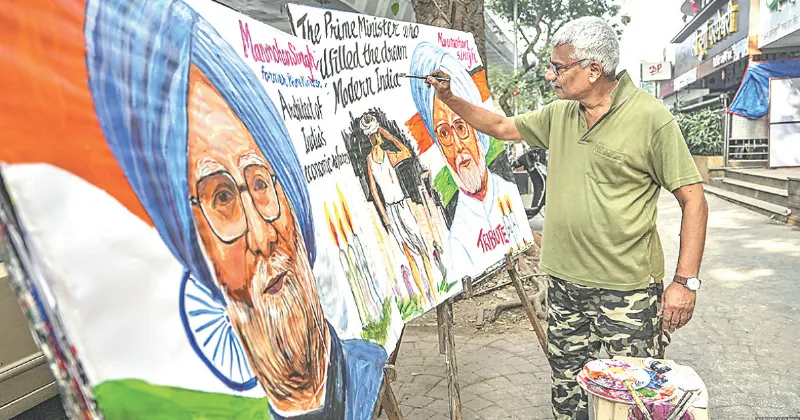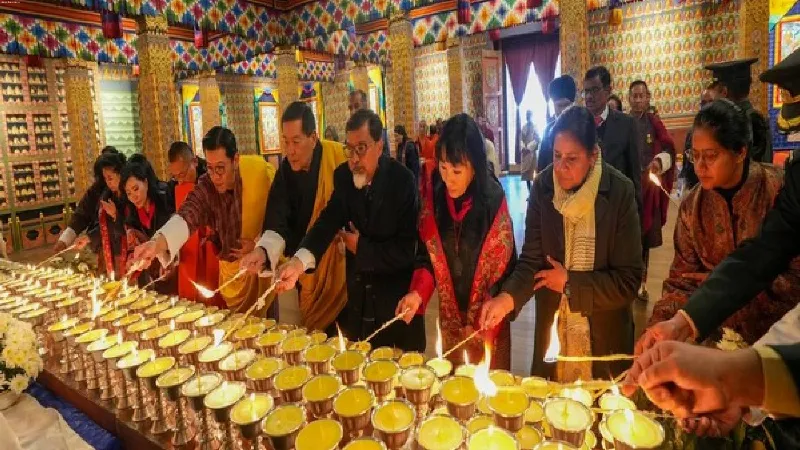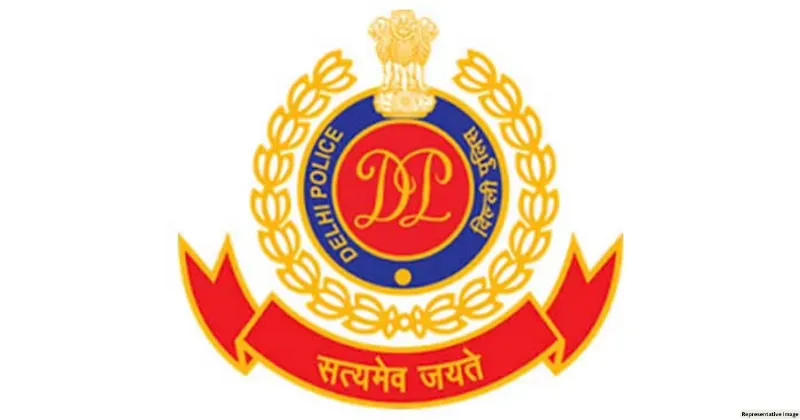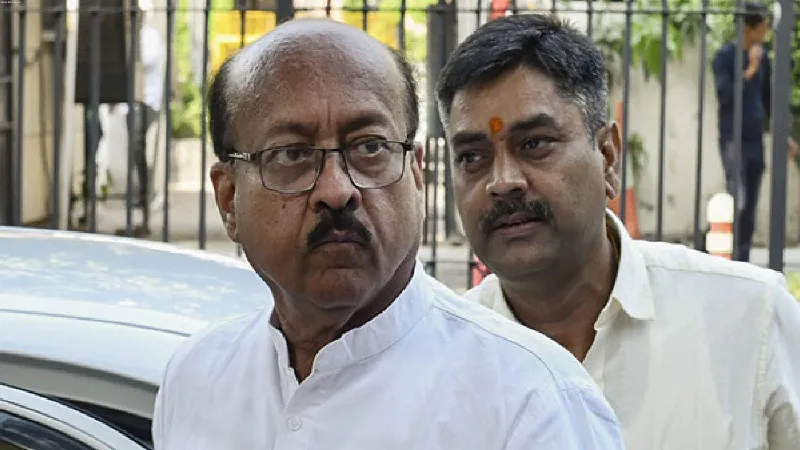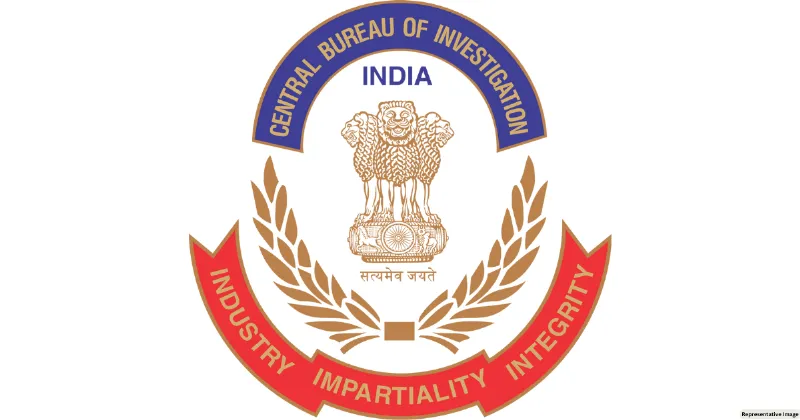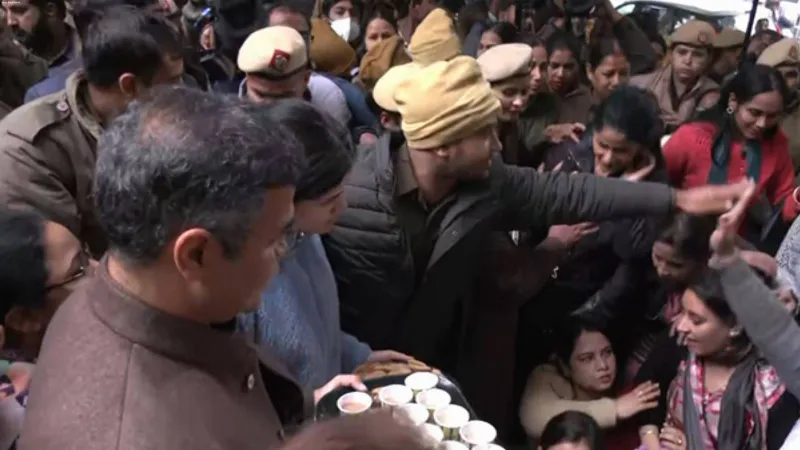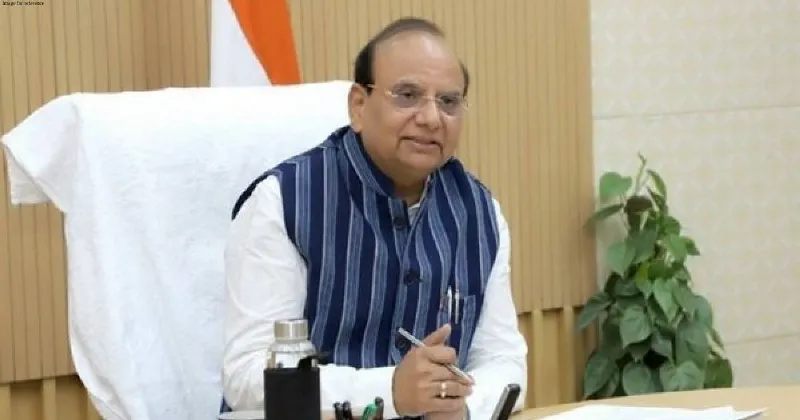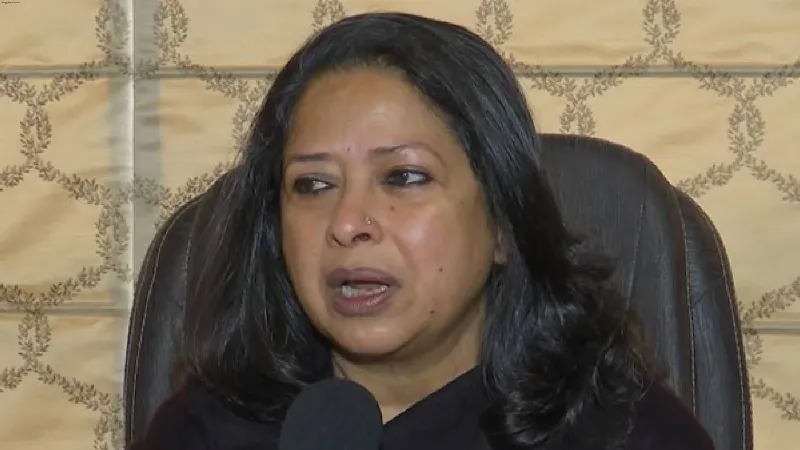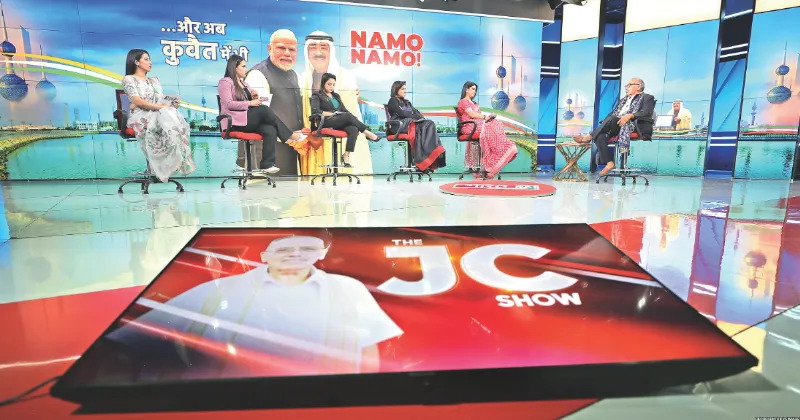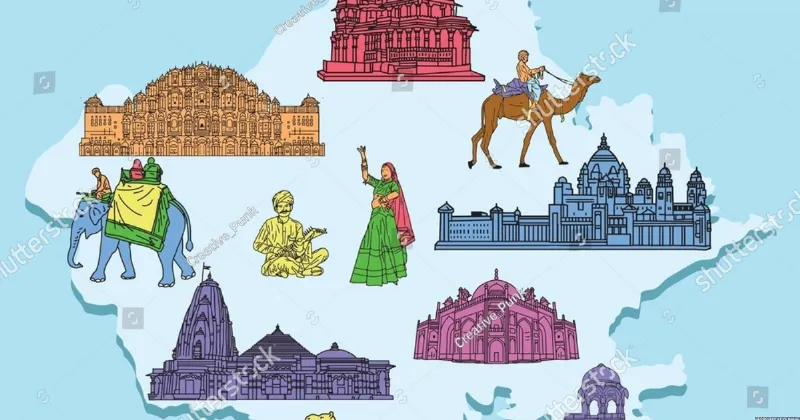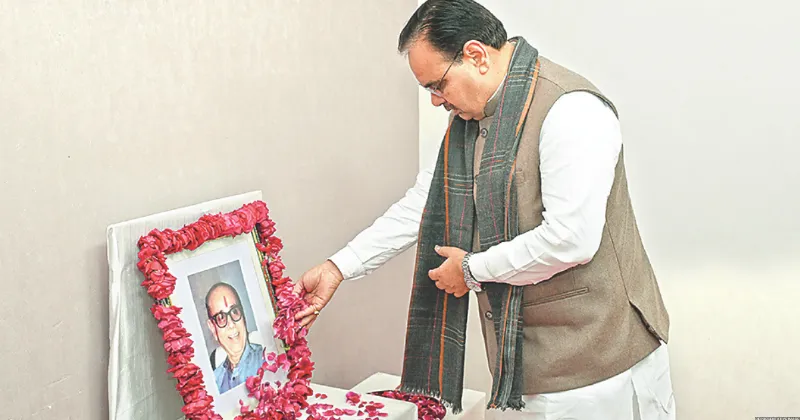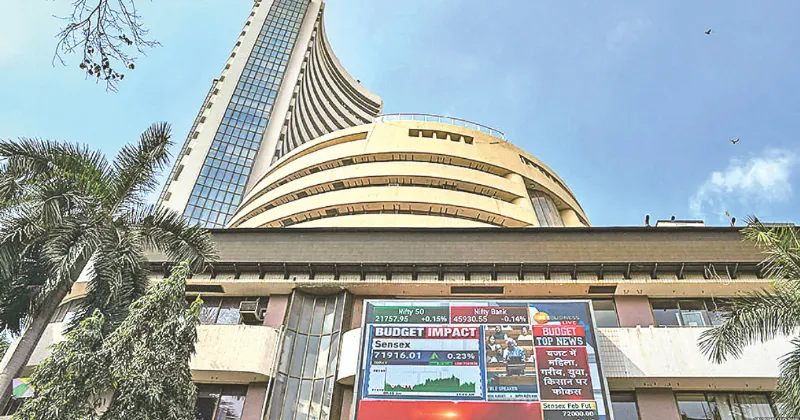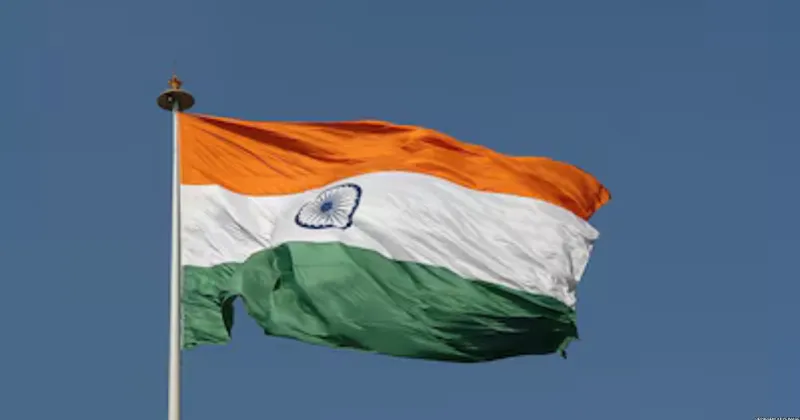Delhi High Court refuses to entertain plea to constitute Legal Education Commission
.png)
New Delhi: The Delhi High Court on Thursday refused to entertain a Public Interest Litigation (PIL) that sought direction for the Central Government to constitute a Legal Education Commission modelled after the Medical Education Commission, comprising of retired Judge, law professors, and lawyers, to ascertain the feasibility of a four-year Bachelor of Law Course like the existing B. Tech Course.
The bench of Justice Manmohan and Justice Manmeet Pritam Singh Arora said that it is not the domain of the courts to design the courses and that authorities concerned are continuously reviewing it.
As the court was inclined to dismiss the PIL, petitioner said that he would withdraw the plea.
Petitioner Ashwini Kumar Upadhyay, a practising lawyer and BJP leader sought directions to the Bar Council of India to constitute an expert committee of Retired Judge(s), jurists and educationists to examine the coherence of a five year Bachelors of Law Course with New Education Policy 2020. Direct the Expert Committee to prepare a report on the essentiality of a BA, BBA, B.Com before B.Law, which is also a Graduation Course, stated the plea.
Plea further stated that the New Education Policy 2020 promotes four year graduation courses but BCI has neither reviewed the five year BA-LLB nor started the four year B. Law till date.
B. Tech through IIT's takes four years of non-superfluous education and that too in a specified field of Engineering whereas BA-LLB or BBA-LLB through the NLU's and various other affiliated colleges consumes five years of student's precious life while providing knowledge of Arts/Commerce, an unrelated and superfluous stream. Hence, the existing 05 years Course is manifestly arbitrary and irrational.
The lengthy and exorbitant course is disincentivising students from pursuing law. The extraordinary and poor students are rather pursuing engineering or civil services or other courses. BA and LLB or BBA and LLB are both graduation courses and thus there is no need for both in a student's career. Annual fees of as five year course are comparatively greater than that of a four year course, the plea stated.
Earlier, there was a three year B.Law Course after Class 12. Former Law Minister Late Ram Jethmalani started practicing Law at the age of 17 years and legend of the Bar Late Fali Nariman at the age of 21 years, plea added.
Today, the total lifespan has decreased from 100 to 80 years, and the voting age has been reduced from 21 to 18 years. People are maturing earlier with respect to their age. A four-year law course will be better equipped for the young generation.
The present five year B.Law has been designed for extracting money and the most egregious part is that such dirty work is being done in the name of education. A five-year course is no benchmark for judging the legal expertise of any student, plea read.




